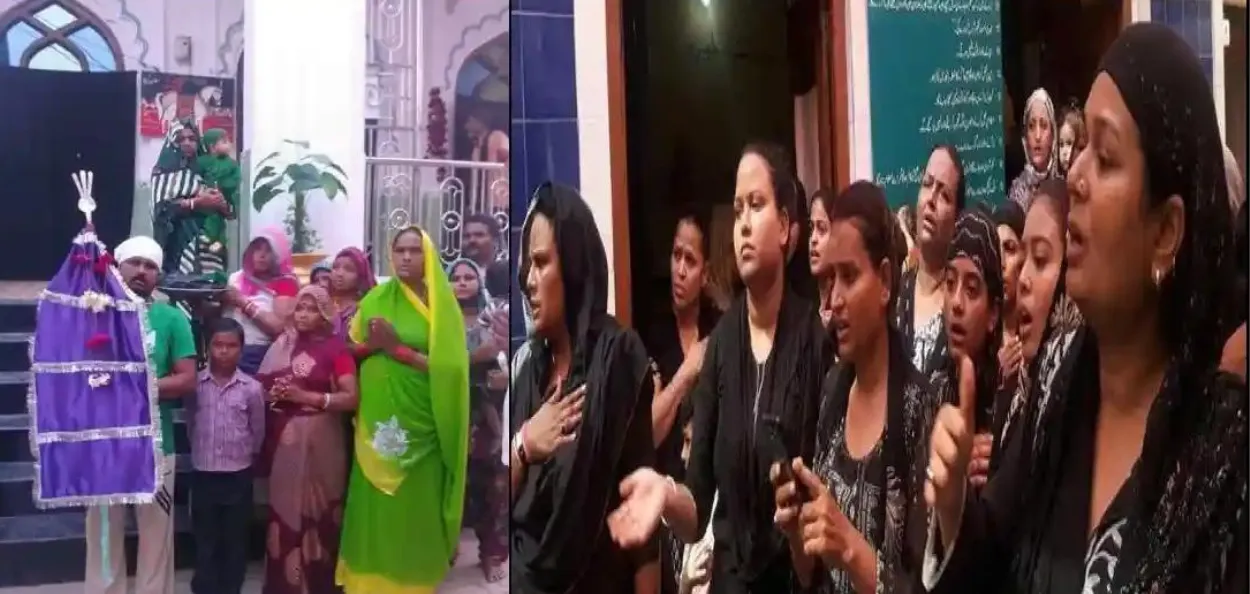
Mansooruddin Faridi/ New Delhi
There is an interesting connection of Hindus with Muharram and Karbala martyrdom. Yogunder Sikand writes in The Milli Gazette and Rakesh Sharma in another articles once wrote about India's leading historian Sesar Kumar Mitra who in his book "The Vision of India writes,"Even before Islam, there were trade relations between India and Arab countries and many Hindu merchants who used to take goods from India to Arabia lived in Arabia".
And even after Prophet Muhammad gave the message of God in the name of Quran to the humanity, most of the Hindus participated in the gatherings where people came to listen to him. Thus the Hindus had establishing their relationship with the Prophet's family.
When the incident of Karbala took place in 680 AD, a Hindu businessman named Rahab Dutt joined Imam Hussain's army along with his seven sons. He fought with the Yazidi army. Legend say it was Rahab's way of thanking Imam Hussain for his prayers that eventually blessed him with seven sons.
Imam Hussain also conferred the title of Sultan on the monk on Dutt. Historian Sukumar Mitra also writes that before the rise of the Prophet, Hindus especially Brahmins lived in Arabia and worshipped Shiva and Makresha (the name of Mecca comes from Makresha).
When the incident of Karbala happened (Friday, 10th October 680 AH) the monk Siddh Dutt who belonged clan was living there. He came from Punjab to Arabia. And he was considered a respected person. When Yazid's 30,000-strong army was arrayed against Prophet Muhammad, monk Siddh Dutt preferred to fight with the Imam against the Yazidi army.
The Great Tragedy of Karbala has affected the righteous human society and human civilization in every era. This is the reason that the memory of the martyred Imam Hussain in Indian society has not only been a cultural and historical tradition of the Muslim society, but his memory in the non-Muslim society lingers.
In India, the cradle of inclusive civilization, the history of extraordinary devotion of Hindus to Imam Hussain is centuries old.
